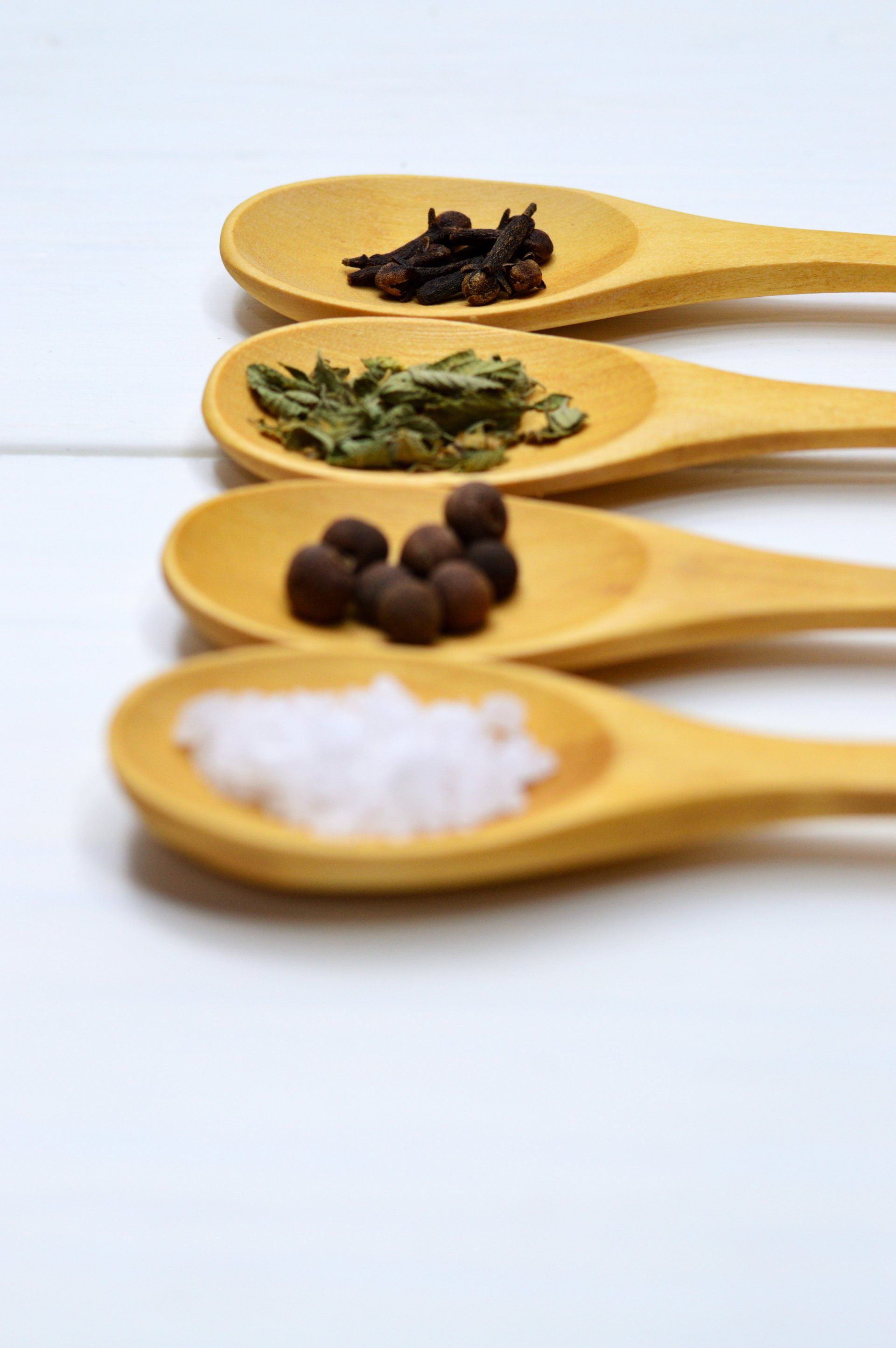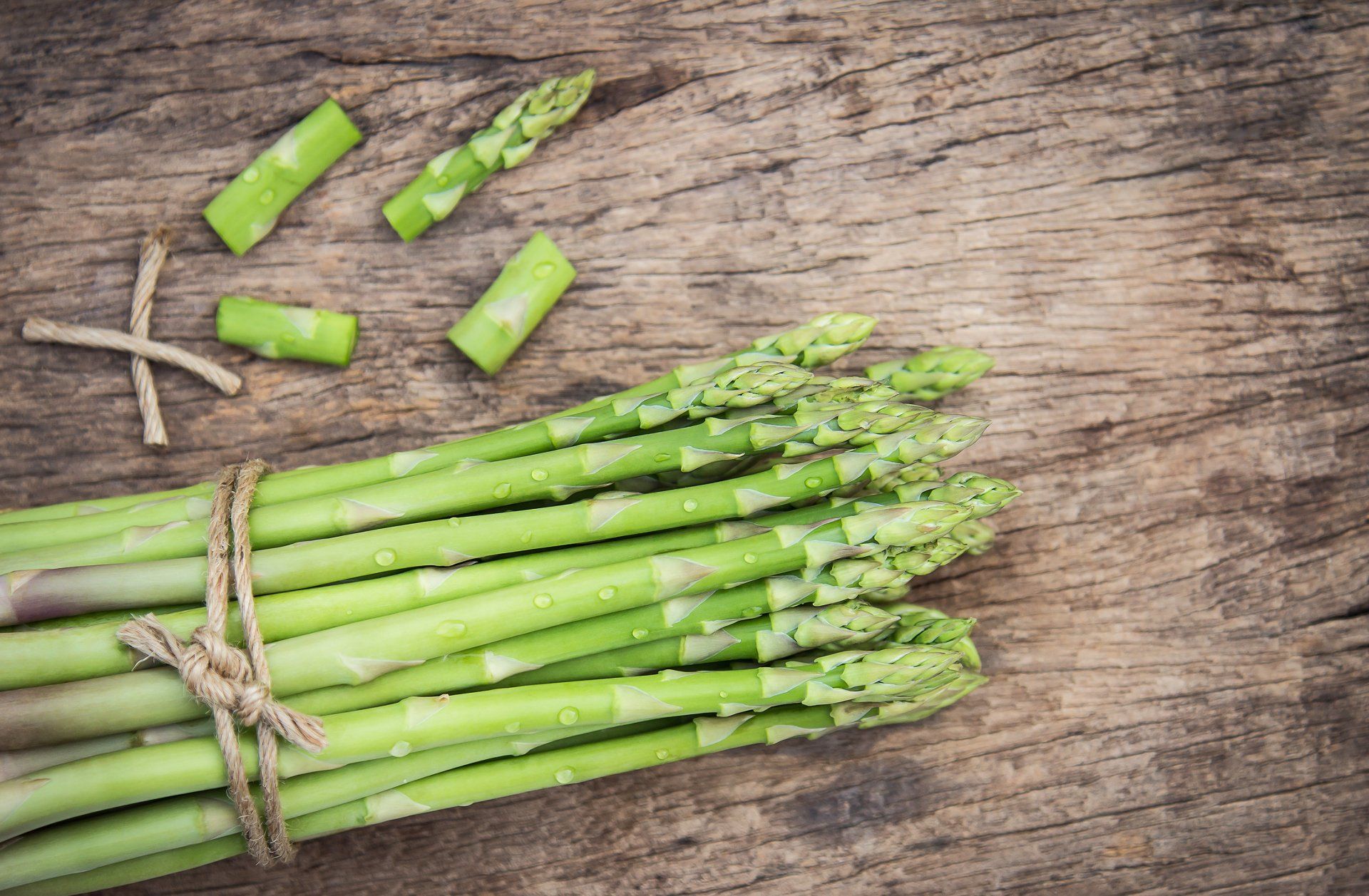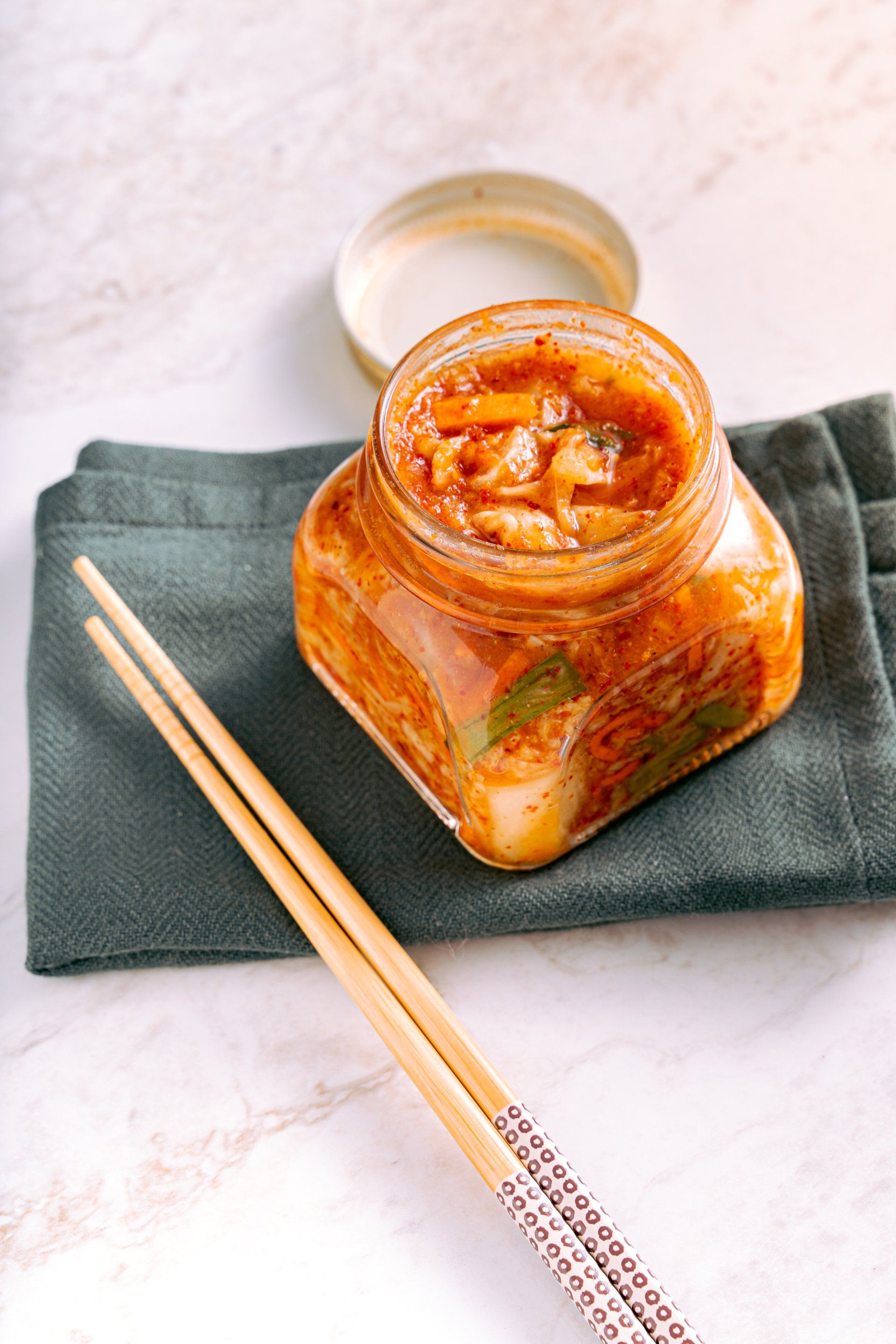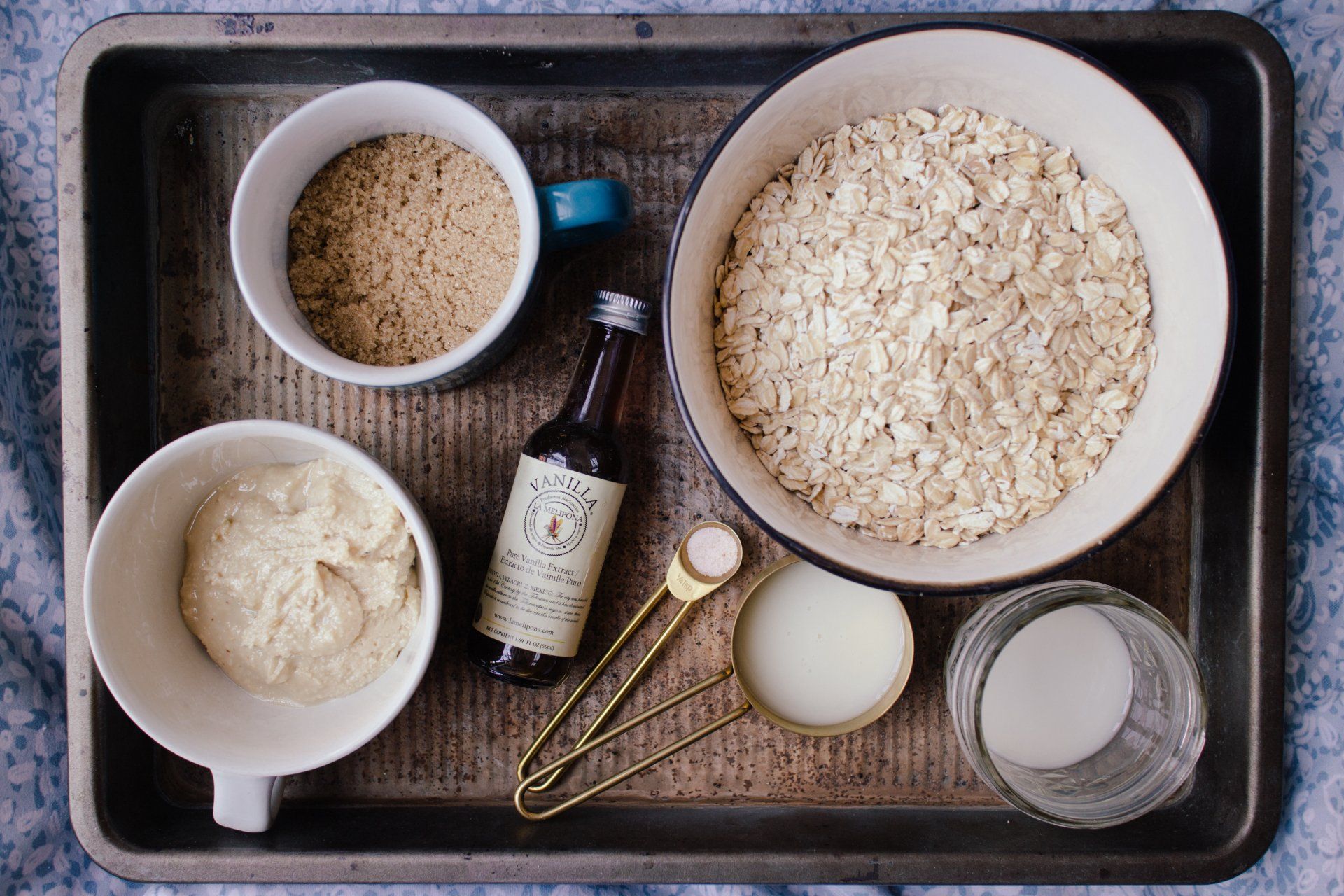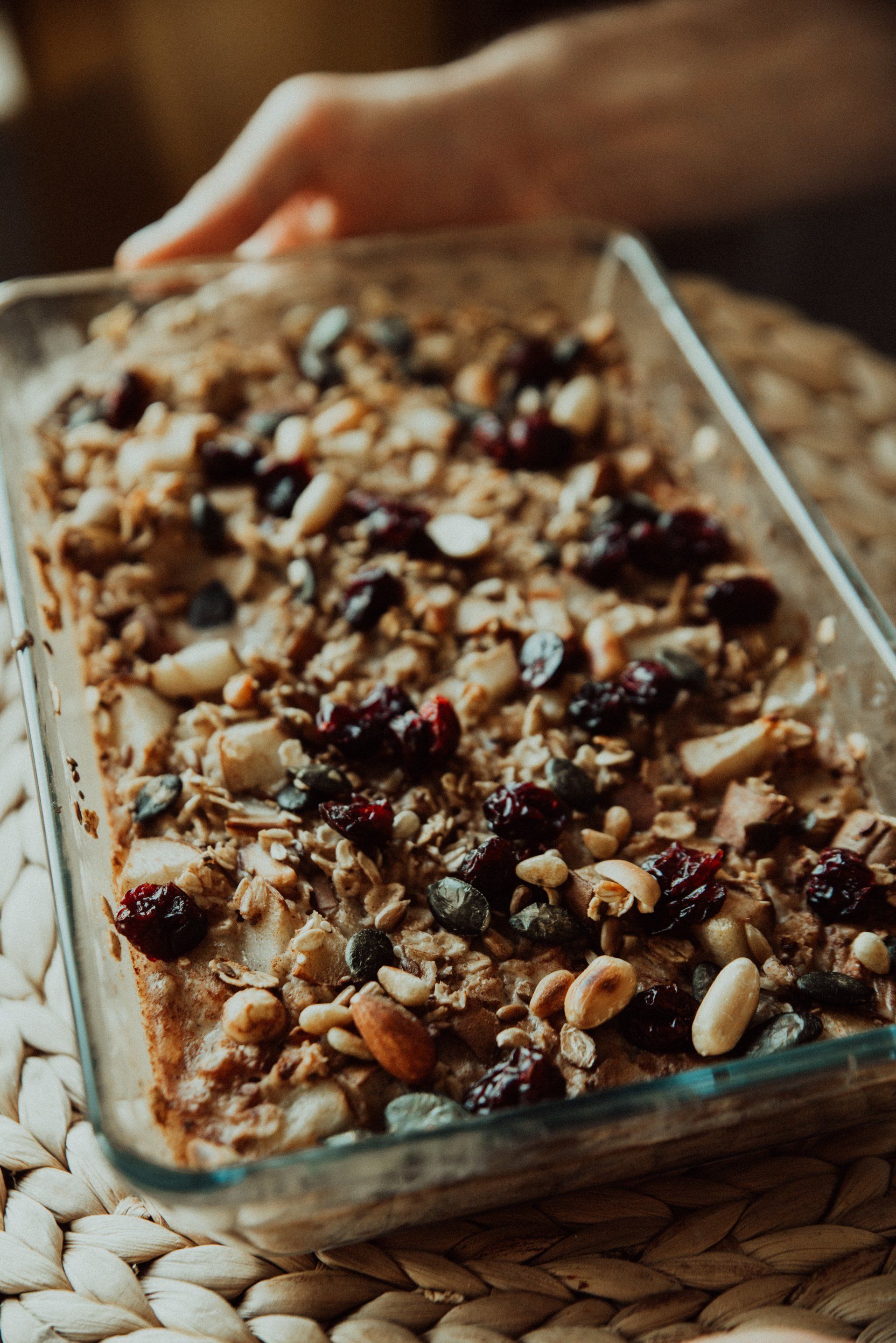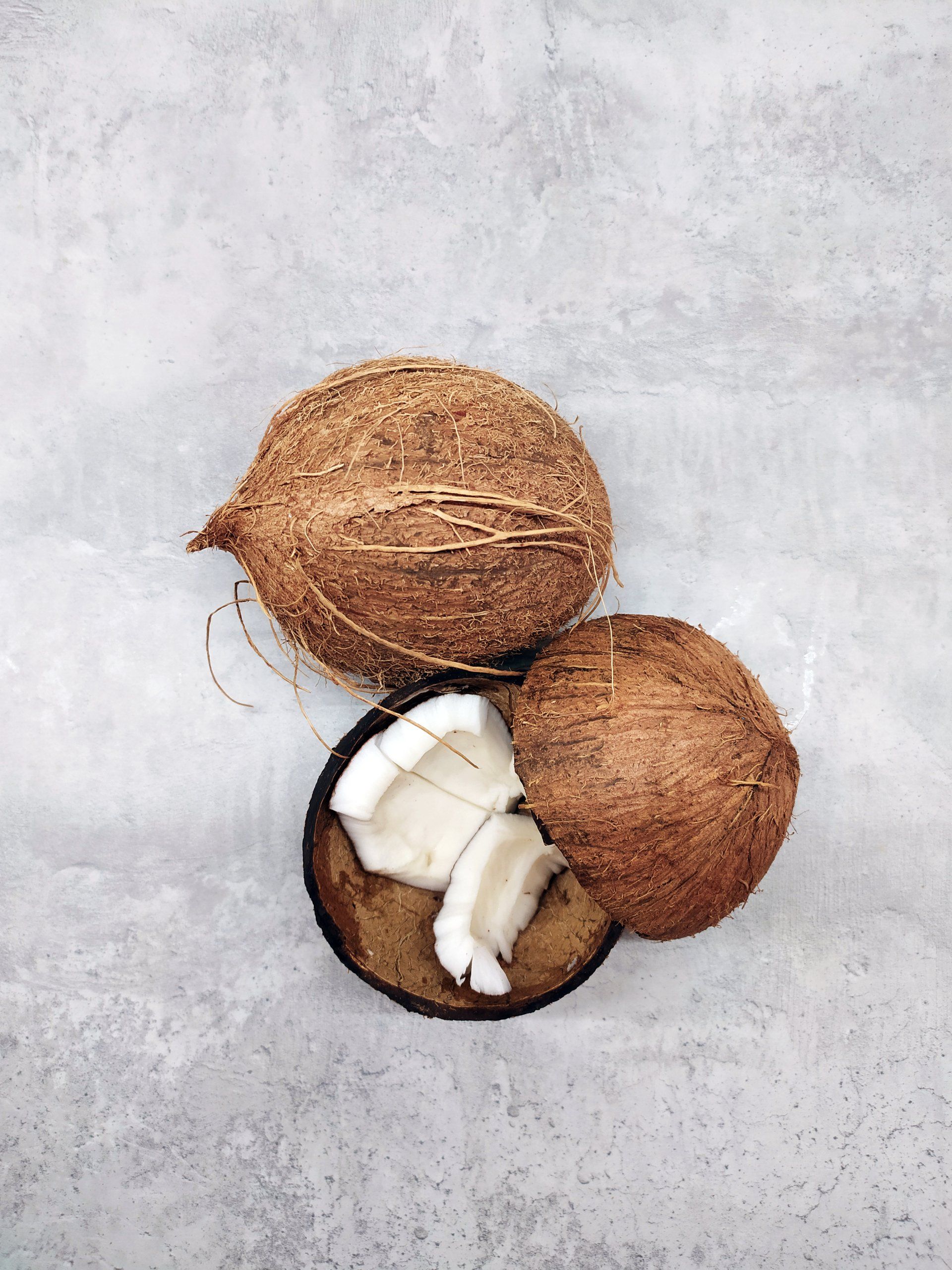Auburn's Science-based Approach to Functional Wellness
Welcome to Phyzyg - Functional Wellbeing by Science, the premier destination for holistic wellness counseling in Dallas, Texas. Spearheaded by Auburn Johnson MSc, an esteemed physiologist, we specialize in tailoring your path to wellness through science-backed nutrition, exercise, and wellness counseling. Experience the transformative power of personalized consultations, and embark on a journey to optimal health. Book your session today and unlock the secrets to lasting wellbeing.
Science-Driven Health Strategies
Unlock Personal Potential
Empower Your Wellness Journey
Counseling Services
Nutrition Counseling
Nourish your body with wisdom. Our Nutrition Counseling goes beyond diets and fads, focusing on sustainable, nutritious lifestyle changes that fuel your body and mind. Auburn Johnson MSc's expert advice is tailored to your body's needs, helping you make informed choices that contribute to your health and happiness.
Birthday Sparks
Birthday Sparks
Wellness Counseling
Embark on a journey to a more vibrant you with our Wellness Counseling services. Auburn Johnson MSc provides a sanctuary for your health aspirations, offering bespoke counseling that aligns with your life's rhythm. Discover the equilibrium between your daily responsibilities and your health goals through actionable plans, compassionate support, and scientific insight.
Exercise Counseling
Activate your body's full potential with personalized Exercise Counseling. Whether you're taking your first fitness steps or seeking to elevate your routine, Auburn's science-based strategies are designed to enhance your physical strength, endurance, and flexibility, ensuring that every movement takes you closer to your wellness goals.
Birthday Sparks
The Phyzyg Wellness Blog









